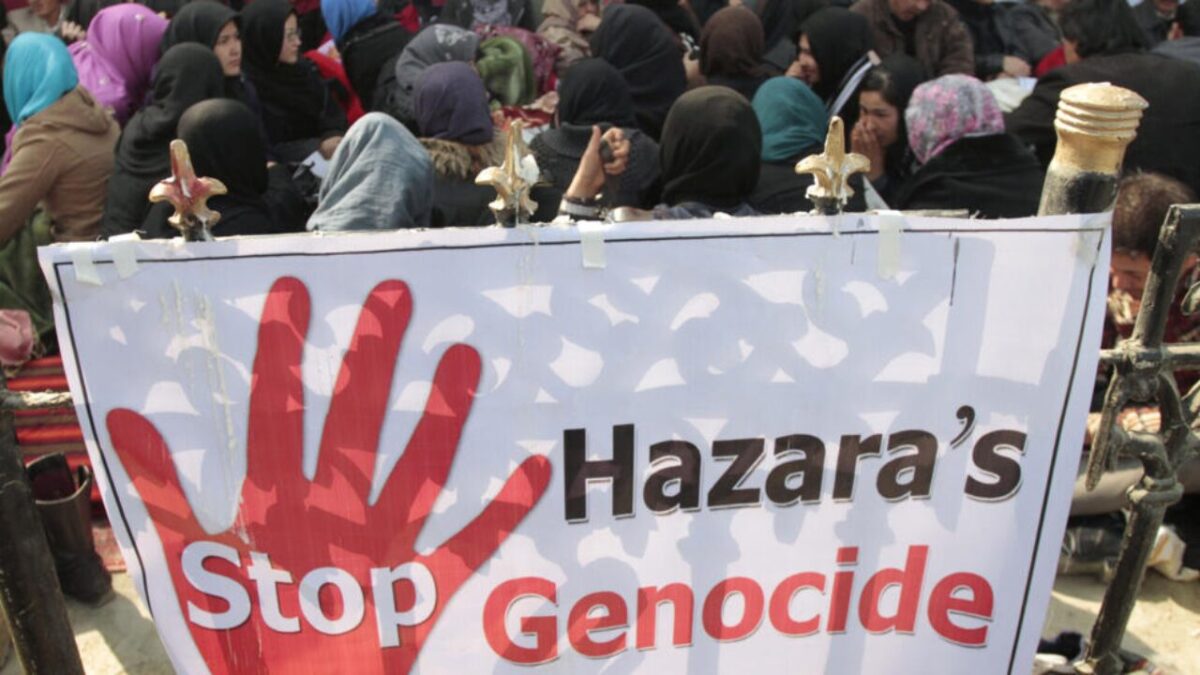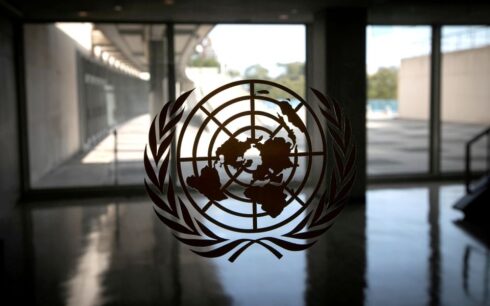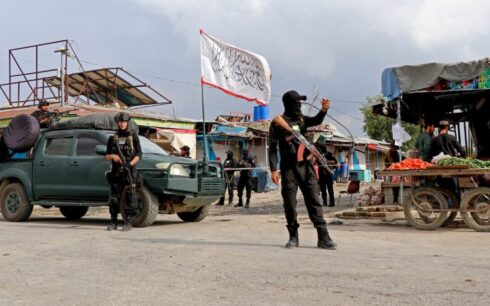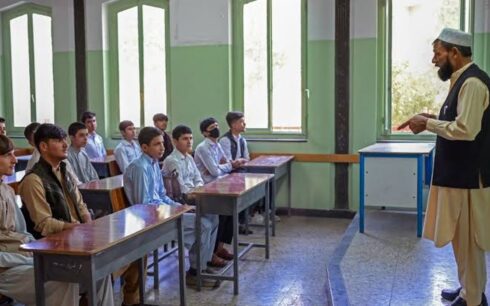The American Bar Association has called on governments worldwide to “recognize, stop and prevent” acts of genocide against the Hazara people in Afghanistan.
In a recent statement, the Association also urged the U.S. Department of State’s Office of Global Criminal Justice to promote justice and accountability efforts by ending impunity for genocide in Afghanistan.
“The American Bar Association urges Congress to strengthen national, regional, and international frameworks for preventing mass atrocities in Afghanistan and protecting at-risk groups like the Hazara,” the statement read.
The Hazaras, a predominantly Shi’a Muslim group, have been victims of severe violence and mass killings since the late 19th century. The statement noted that the genocide against the Hazara people has been a recurring issue throughout Afghanistan’s history.
The Association referenced Dr. Gregory Stanton’s ten stages of genocide, highlighting that these stages are not linear but predictable. The current situation, as described by the American Bar Association, indicates an intent to destroy the Hazara people through acts of violence and forced displacement, which continues today.
The statement identified Daesh Khorasan as a new perpetrator of atrocities against the Hazara and noted that the Taliban continues to destroy Hazara cultural heritage and drive them from Afghanistan. It also pointed out that the Hazara people are at risk of violence and forced deportations by other regional governments.
The American Bar Association emphasized that the Taliban’s claims of including Hazaras in its government are merely symbolic. “There is no meaningful political inclusivity or representation for Hazaras at any level. Since regaining control of Afghanistan, the Taliban has implemented overtly discriminatory policies,” an expert quoted in the statement said.
The statement also highlighted the plight of Hazaras in Pakistan, where extremist groups have targeted them due to their faith. The Lashkar-e-Jhangvi, a group banned in Pakistan in 2022, has participated in massacres and issued threats against the Hazara community.
Since the Taliban’s takeover of Afghanistan, forced displacement has become a common tactic used against the Hazara. “Thousands of Hazaras from Helmand, Kabul, Maidan Wardak, and Balkh provinces were forcibly evicted from their homes in the last three years,” the statement said. In 2021 alone, over 2,500 Hazara families were forced to leave their homes without any legal recourse to challenge the orders.
The American Bar Association’s statement underscores the urgent need for international action to protect the Hazara people from ongoing and systematic persecution.





